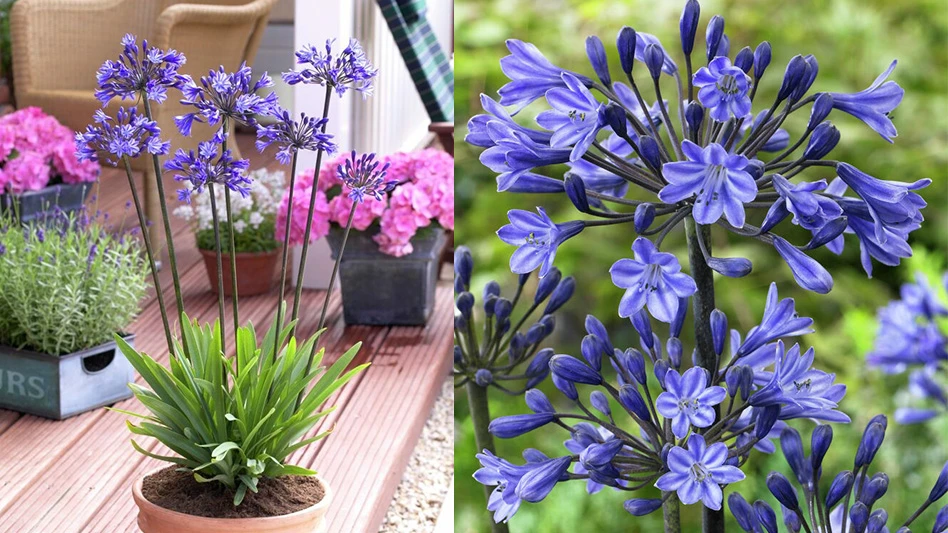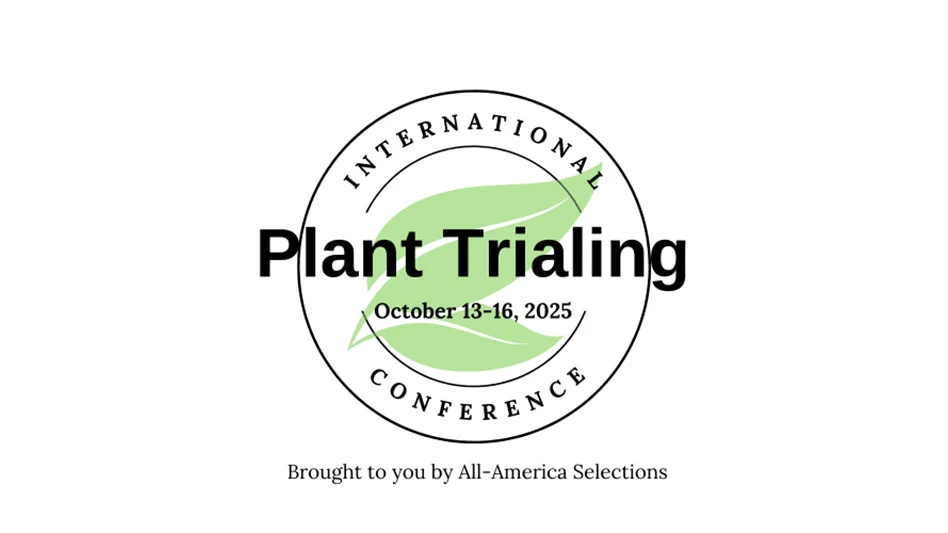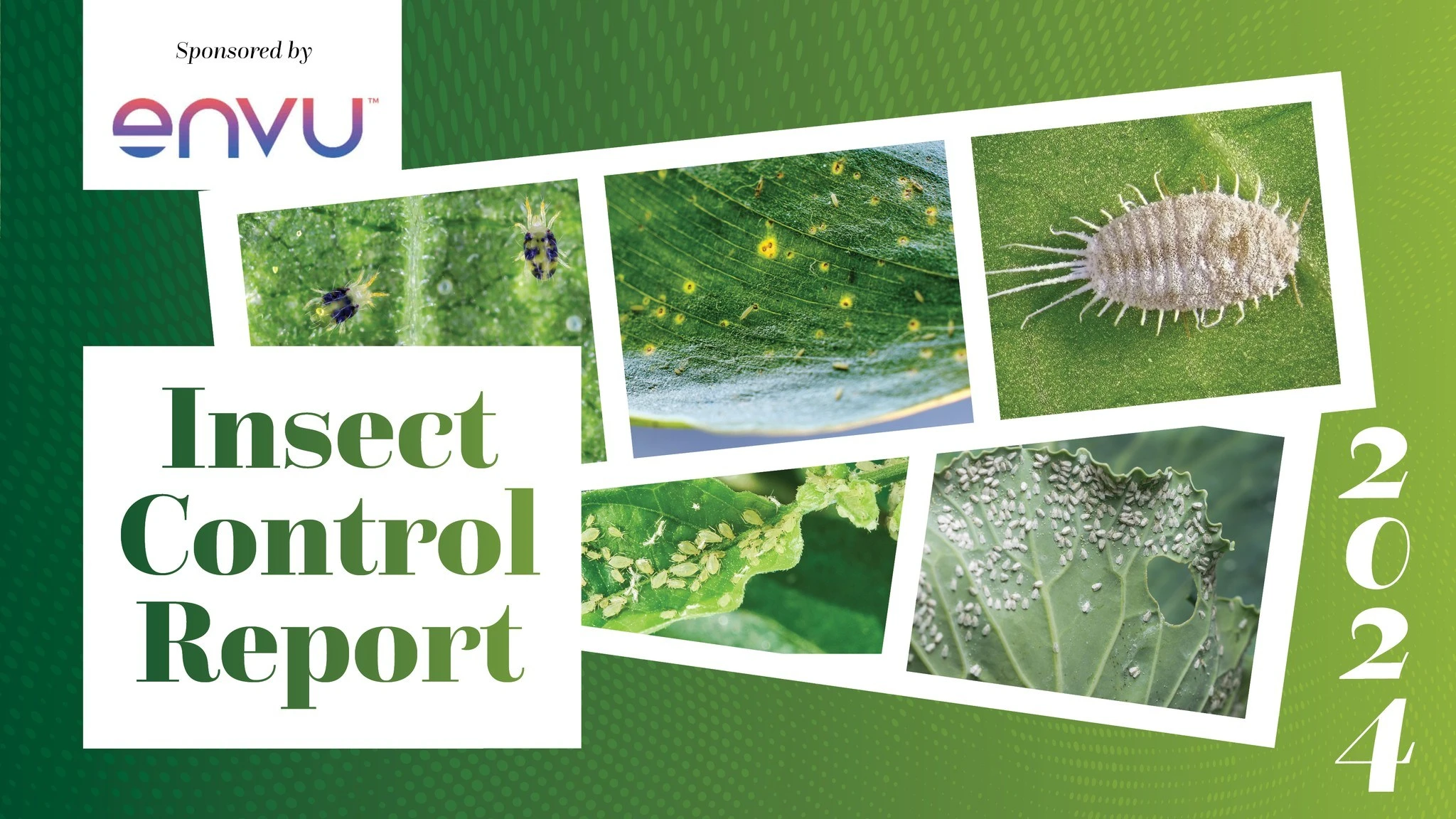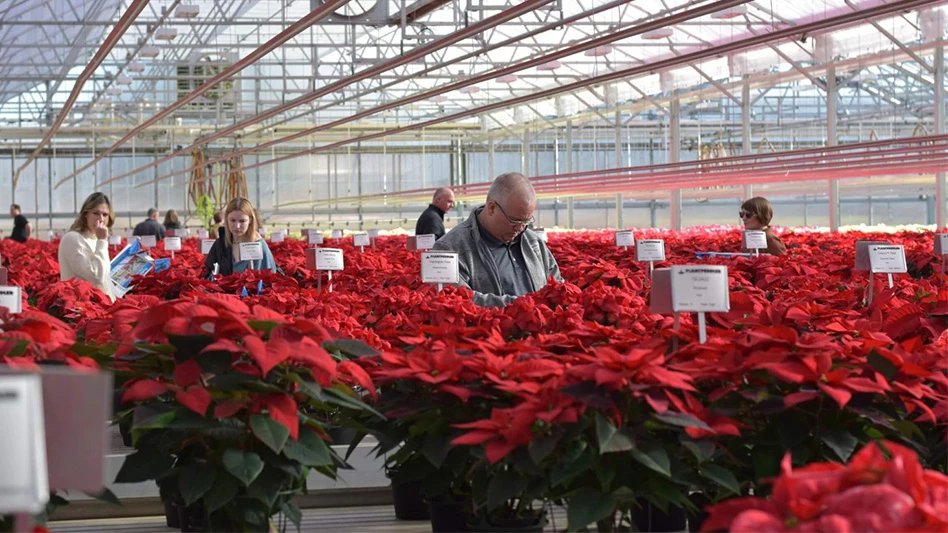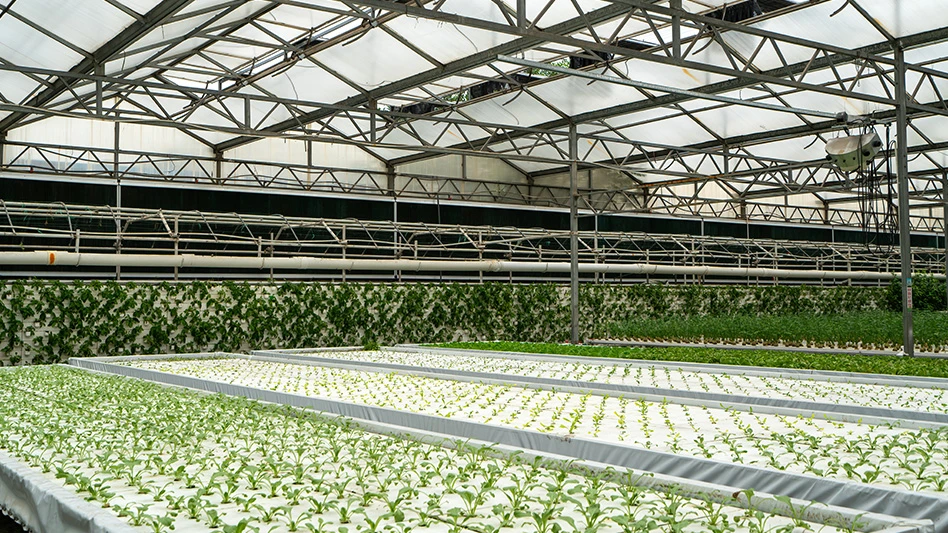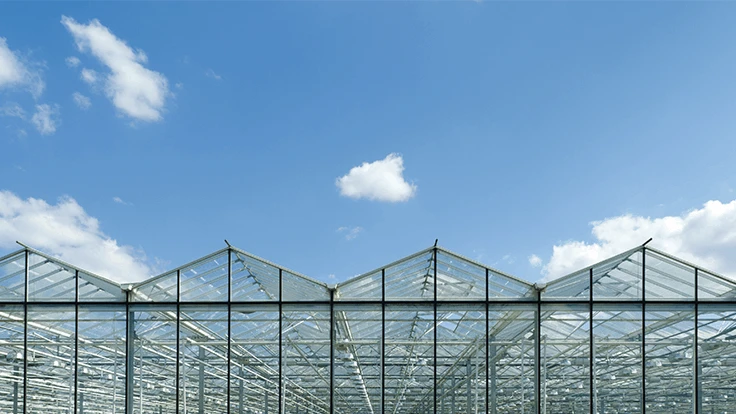
Photo: © hansenn, Adobe Stock
Registration is now open for the winter sessions of three self-paced courses from Michigan State University Extension’s Online College of Knowledge greenhouse series. The courses are as follows: Greenhouse and Horticultural Lighting, Biological Control for Greenhouse Growers and Floriculture Root Zone Management. All courses are now available in English and Spanish.
These non-credit courses in the series are pre-recorded and registrants have three months to complete the courses: Dec. 1, 2019 to Feb. 29, 2020. Students in the course will take a pre-test and a final exam to gauge their learning on the topics. Registrants also can complete the optional self-assessment quizzes to engage with the material throughout the course. Each course is $129 and there are three scholarships per course available to those with financial need. Registration for all courses ends Dec. 15, 2019.
Greenhouse and Horticultural Lighting
To date, a total of 251 people have taken this course from 27 countries, including 36 U.S. states and 17 counties of Michigan. These participants represented 42.2 million square feet of greenhouse production. Three-quarters of survey respondents are going to make a crop production change as a result of the course. The topics that were reportedly most helpful were the sections on ‘high-intensity lighting’ and ‘how to estimate daily light integral in your greenhouse.’ Of those that responded to the survey, 98% said they would recommend the course to another individual!
Biological Control for Greenhouse Growers
MSU Extension partnered with Raymond Cloyd from Kansas State University Extension to offer an online course on biological control pest management. It is intended for greenhouse growers and others interested in learning about the challenges and opportunities associated with a biological control pest management program. The content of the course covers introductory materials to more advanced concepts such as utilizing banker plants. The course is available in English and Spanish.
A total of 297 people have taken the Biological Control of Greenhouse Growers course from 15 countries, including 38 U.S. states and 15 counties of Michigan. These participants represented at least 117.3 million square feet of greenhouse production area throughout the U.S. and the world. To date, course participants have actually made changes to their insect management programs to at least 119 million square feet of production space. As a result of the course, 60% incorporated new natural enemies into their biological control program and 80% reported increased crop quality.
Floriculture Root Zone Management
One hundred and thirteen people took the course from 8 countries, 30 U.S. states, and 13 Michigan counties. These participants represented 18.8 million square feet of greenhouse production. The average pre-exam score for students who have taken the course is 64% and the average post-course exam score is 91%, showing significant progress on the topics covered. Of all of the course participants, 99% reported that they made significant progress on the topics discussed and 97% would recommend the course to another individual. The areas of the course that were participants reported were the most helpful to them were the sections on ‘physical and chemical properties of media/substrate’ and ‘how to choose a fertilizer.
Latest from Greenhouse Management
- Hurricane Helene: Florida agricultural production losses top $40M, UF economists estimate
- Sensaphone releases weatherproof enclosures for WSG30 remote monitoring system, wireless sensors
- Profile Growing Solutions hires regional sales manager
- Cultural controls
- University of Maryland graduate student receives 2024 Carville M. Akehurst Memorial Scholarship
- Applications open for Horticultural Research Institute Leadership Academy Class of 2026
- Meeting the challenge of pest management
- Find out what horticulture products were named to TIME Best Inventions of 2024 list
